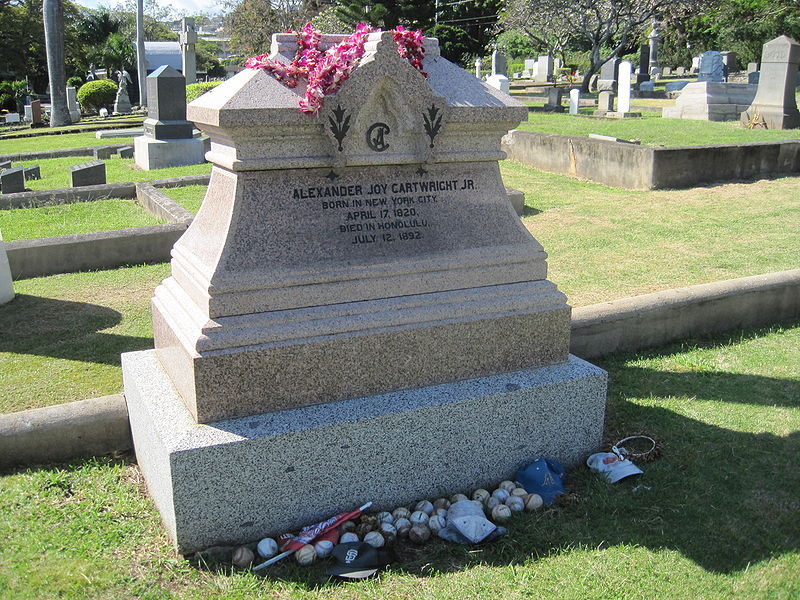Date Posted: April 6, 2011
Print Edition: April 1, 2011
By Paul Esau (Sports Editor) – Email
 Hello, and welcome to The Cascade’s Belief Column! As most of you know UFV is attended by students from a wide variety of religions and philosophies, each representing a different tradition and a different perspective on life’s mysteries. In this column members of four of those perspectives–Sikhism, Christianity, Hinduism, and Atheism– attempt to respond to some of the bigger questions leveled at the religious institution.
Hello, and welcome to The Cascade’s Belief Column! As most of you know UFV is attended by students from a wide variety of religions and philosophies, each representing a different tradition and a different perspective on life’s mysteries. In this column members of four of those perspectives–Sikhism, Christianity, Hinduism, and Atheism– attempt to respond to some of the bigger questions leveled at the religious institution.
This week’s question: What happens to people after death?
But first, our panelists:
Sheetal is a Philosophy student as well as on the Board for South Asian Peer Network Association (SAPNA) – an extension of the Centre of Indo Canadian Studies.
Navpreet is an international student in his last semester of a BBA degre. He also is involved with the UFV Centre for Indo-Canadian Studies.
Derrick Uittenbosch is a third year Criminology student. He is a leader of University Christian Ministries at UFV. Send feedback to derrick@ufv-ucm.ca.
Hinduism
There are two respects in which Hinduism addresses death; the physical and the spiritual. Physically, after death the body is cremated and therefore is returned to the five elements from which it is composed – earth, water, air, fire, and space. The spiritual journey is far more complex. Spiritually, after death a ceremony ensues consisting of a range of prayers and oblations (nothing sacrificial) that are meant to aid the soul in its journey to its destination. This ceremony also serves as a grieving process for those mourning the loss of a loved one and releases the soul from its emotional ties.
Hinduism strongly believes in the atma, or the soul, and the atman, the essence of the Supreme Being. The goal of each individual is to attain Moksha, or liberation from the cycle of life and death and merge with the Supreme Being. Until this is done, the soul reincarnates donning a different body (much like we dress our bodies in different clothing), to either right the wrongs of a previous life or to work towards reaching liberation, the “work” being following one’s dharma, or right conduct. The concept of karma applies here as well, but karma, in this understanding, transcends lifetimes because how one lives their life determines the nature of the reincarnation. This solidifies the importance in Hinduism to maintain a level of indifference, or composure, throughout the peaks and valleys of life because these joys and sorrows are not necessarily “ours” as we might understand them to be.
This also ties into why Hinduism preaches the importance of following our dharma and living in ahinsa, preventing harm whenever possible, because failure to do so could result in having to be born again and set back liberation… or even rebirth as a dog.
-Sheetal Deo
Sikhism
Sikhs have a very strong belief in reincarnation. All animals including humans have a soul and our souls go through different life forms until we purify them to become one with God. Just like one changes clothes, our soul changes life forms. This very fact has been narrated by God through the Sikh Gurus. Nobody has seen what happens after death, so it is very hard for someone to understand what happens after death. The Sikh Gurus are in communion with God and they tell us that our souls have been separated from God and their dignity remains in merging back with God.
Sikhism accepts the theory of Karma: man is punished or rewarded according to his actions. Man’s actions in this world will bear witness at the time of judgment. The messengers of the god of death, Yama, take the individual to the god of justice, Dharam Raj, who is very strict, like a moneylender. The scribes of Chitra and Gupta, who have written out the account, are called forth to present the balance-sheet of his or her actions. What does the balance-sheet show? It contains a record of good and evil deeds.
Sikhism believes in the immortality of the soul. The devotee has no fear of the pangs of death.
In fact a Sikh welcomes death, because it gives him a chance to merge into Divinity. The evil person, however, dreads death. For him, it will only continue the unending cycle of birth and death. After death, man comes to the next birth according to what he deserves. If he has been wicked and evil, he takes birth in the lower species. If he has done good deeds, he takes birth in a good family.
Finally, if a person wants to end the cycle of birth then he or she has to merge with God by continuing spiritual efforts and living with the Holy Spirit.
-Navpreet Parmar
Christianity
The Bible is pretty clear on this topic. There is a happy ending, and a sad one; the choice is up to you.
As outlined in my previous articles, there is a choice facing each individual: to join in the greatest restorative work of history, or reject all that could be for the imperfection that is. Once you make the choice to join, God begins his restorative work with you and will wipe your slate clean and forgive every wrong or hurtful deed you’ve ever done and fill you with a peace so deep you have to experience it to believe it.
But it doesn’t stop there. In fact, it’s only a small beginning to the story of God’s grace. You see, in the beginning of time, God created a perfect world, and actually walked and talked with the humans who lived there. After the human race decided to destroy it, God began working on another one: Heaven. He is creating a paradise unlike anything this world has ever experienced. In fact, it is perfect. (Note: Yes, there’s nothing truly perfect in this world, but this paradise is “out of this world!” Literally.)
But therein lies the problem. A perfect world is incompatible with imperfect human beings. So, each of you have the choice to be purified by God by believing that Jesus Christ is the Son of God and died to pay your penalty so that you might live forever. Once you believe this and act on your belief, God will purify you and when you die you will be reunited with your Creator who loves you in a way beyond comprehension.
On the other hand, for those who reject perfection, they will be given their choice and live in a world completely devoid of any kind of perfection. I’d hate to imagine what that’s like.
So the afterlife is essentially the result of a choice; the choice to reject death and embrace life.
-Derrick Uittenbosch
Atheism
I have heard many people talk about many different versions of the “afterlife” that they claim exist. Usually the story goes something like this: if you follow the rules of the ruler of the afterlife, while still in this life, you get in to the best parts of the after world. Some people will even promise you wild outlandish things, like a bunch of virgins, or meeting all your dead relatives. Why would you want to have awkward virgin-sex a bunch of times and then go meet all your relatives, who I hear are watching you when you do perverted things like that?
Some even say we will all be in the afterlife in 2012 because the world won’t have an updated Mayan calendar. Not many claims can surprise me after all that, but I am surprised by how little attention is paid to the one thing that might give us a reasonable idea of what things really are like after life. How about the “before life”? Do you remember what things were like before you were born? Our best guess is you missed out on about 12 billion years worth of stuff.
You and I did not exist in the least – and for all the fear generated by the prospect of simply not existing after we die, no one seems very sour on the fact that they were effectively dead since the beginning of time, until very, very recently. They are much more worried about missing out on the next mind-boggling amount of time. It’s a pretty good bet that the afterlife is going to be a lot like the before life.
Still, I’m not expecting any of that to happen, anymore that I expect to one day wake up in Viking heaven. But if you are an archaeologist reading this article far in the future, and have the technology to bring me back, do it please.
-Aaron Bayes
Have a question or response for the Belief Column? Send it to esau@ufvcascade.ca


